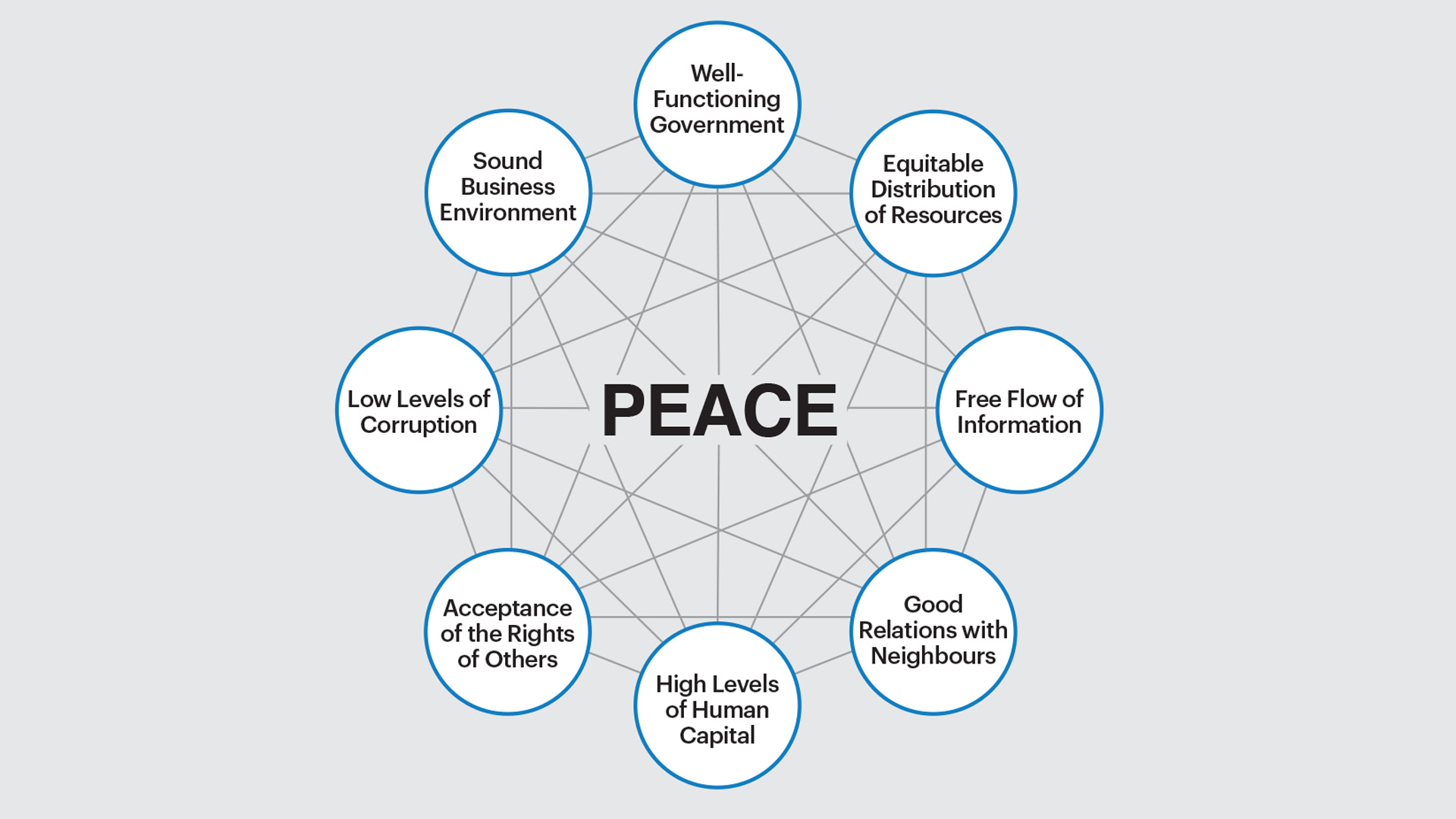The Peace Community of San José de Apartadó emerged in 1997 from the crossfire of Colombia’s decades-long armed conflict involving state forces, FARC guerrillas, and right-wing paramilitaries. Campesino farmers in the northwestern Urabá region faced impossible choices: cooperate with armed groups or face violence.
In a revolutionary act of resistance, the community declared neutrality, committing to non-violence and refusing to provide information to any conflict party. This principled stance exposed them to horrific massacres and displacement, creating urgent need for economic alternatives that could validate their peaceful resistance while ensuring survival.
Since 2010, Lush Cosmetics has maintained a strategic commercial partnership with the Peace Community, sourcing Fair Trade cocoa beans through a relationship that transcends typical corporate social responsibility. Rather than philanthropic donation, Lush created a genuine business partnership providing stable, predictable income to farmers whose existence represents living resistance to violence.
The company invested in essential infrastructure including dry houses and storage facilities, enabling the community to meet commercial quality standards while supporting their permaculture practices that enhance self-sufficiency. Crucially, Lush leveraged its platform for advocacy, partnering with Peace Brigades International to campaign for community protection from paramilitary groups. This multi-layered intervention integrates commercial viability with deliberate peacebuilding, making the purchasing decision itself a political statement that strengthens the community’s core identity.

This case powerfully strengthens three key Positive Peace pillars.
Additionally, the fair trade model ensures transparent pricing and direct payments, supporting Low Levels of Corruption by bypassing corrupt intermediaries, while infrastructure investment and technical expertise contribute to High Levels of Human Capital development within the community.
The intervention creates powerful positive feedback loops extending far beyond immediate economic benefits. Economic self-sufficiency reduces community vulnerability to violence, strengthening resilience and enabling continued non-violent resistance, which in turn attracts further international support and commercial partnerships. Commercial validation provides international legitimacy that offers protection against persecution while demonstrating the viability of principled neutrality in active conflict zones.
The case creates systemic changes through market transformation, establishing demand for conflict-sensitive sourcing in the cosmetics industry, while building autonomous economic bases that reduce dependence on state protection or armed group involvement. Most significantly, it demonstrates how core business activities can become direct peacebuilding mechanisms, inspiring normative influence that validates non-violent alternatives to conflict economies.